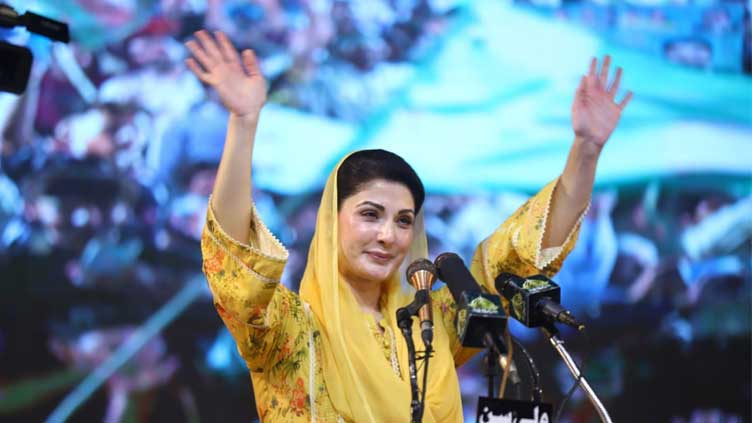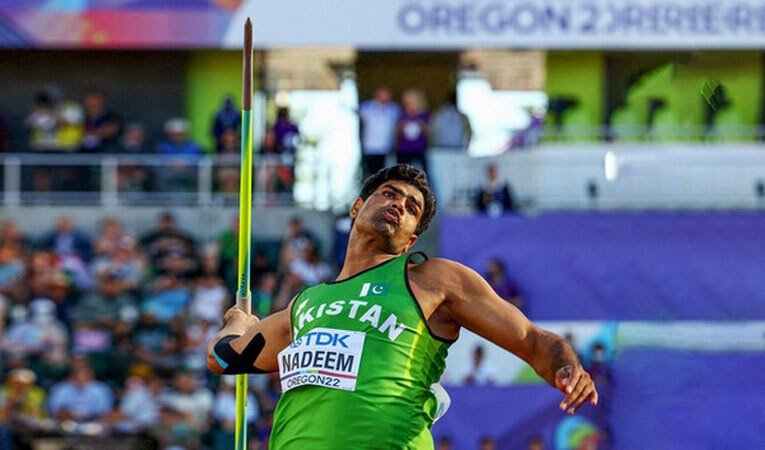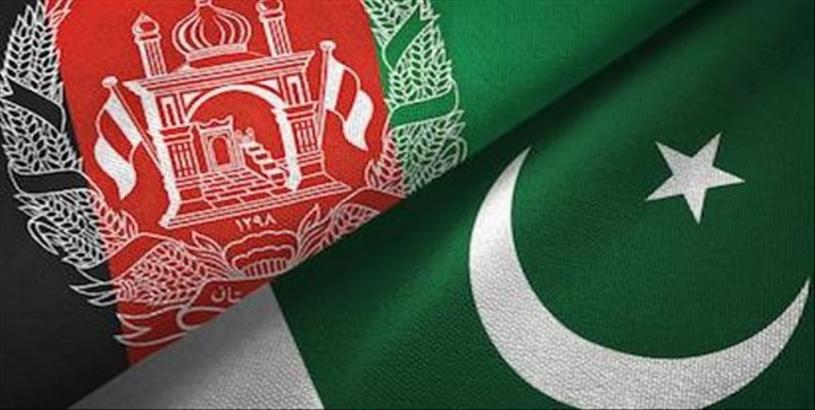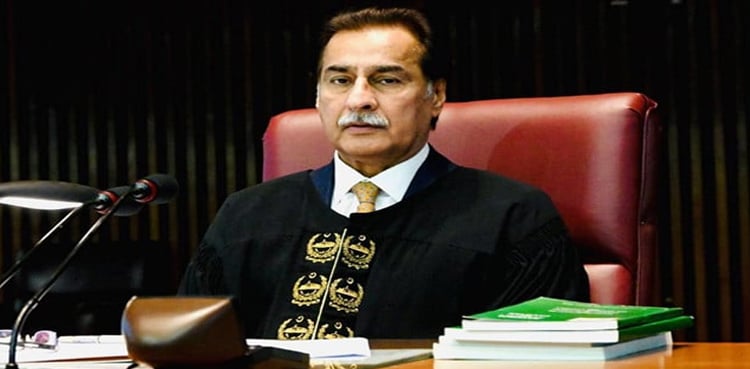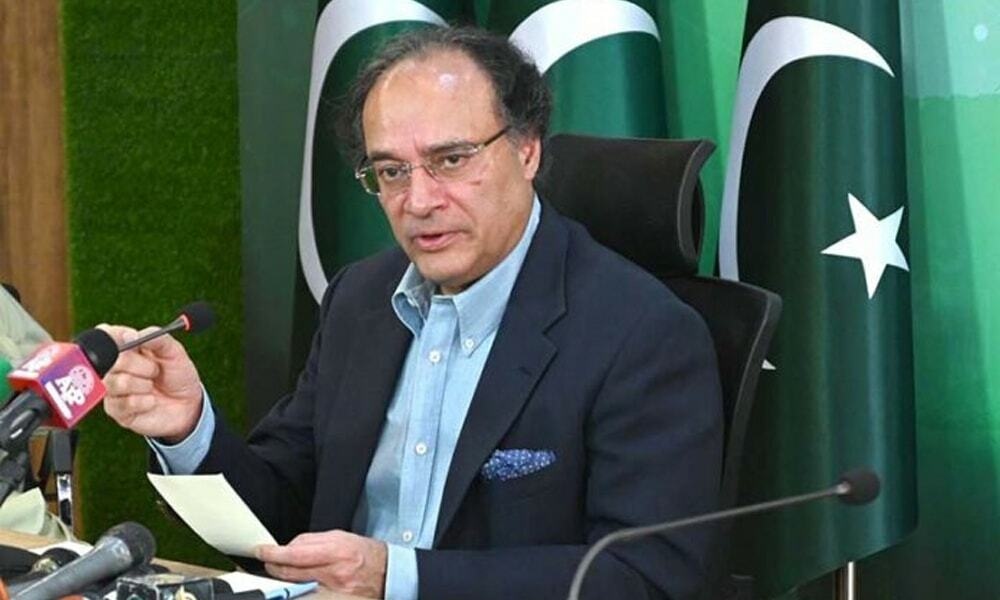Sharia court directs govt create committee for rights of minor transgenders
By Muhammad JuniadPublished On 05 Jan 2023

The Federal Sharia Court on Thursday directed the Federal Human Rights Ministry to constitute a committee which will work to ensure that children who are transgender are protected in society.
This was directed by a two-member bench of the Federal Sharia Court, led by Chief Justice Syed Muhammad Anwar, as it heard a case against the Transgender Act.
During Thursday’s proceedings, the chief justice expressed his dissatisfaction with the ministry’s efforts in this regard, noting that the ministry does not appear serious in providing a safe environment to transgender children.
The court directed the ministry’s secretary to submit a report along with the standard operating procedures (SOPs) regarding the constitution of the committee in the next hearing.
Earlier, the Council of Islamic Ideology (CII) had ruled that a draft bill on transgender rights contained several clauses which were incompatible with Sharia and had the potential to create conflicts in society.
The country’s top religious advisory body had suggested that a committee should be constituted comprising CII Chairman Qibla Ayaz together with other religious scholars to review the clauses in detail so that law should be implemented accordingly.
Controversy surrounding Transgender Persons Act
In 2018, the National Assembly passed the Transgender Persons (Protection of Rights) Bill.
The law states:
“Every Transgender person, being the citizen of Pakistan, who has attained the age of eighteen years shall have the right to get himself or herself registered according to self-perceived gender identity with NADRA on the CNIC, CRC, Driving Licence and passport in accordance with the provisions of the NADRA Ordinance, 2000 or any other relevant laws.”
Critics, including religious leaders, claim that the law is against the principles laid out in Shariah.
In November 2021, Senator Mushtaq – a vocal opponent of the bill – tabled an amended bill in the upper house of Parliament.
The amended bill seeks the creation of a medical board that would decide if a person’s gender should change, instead of them seeking a reassignment on the basis of their self-perceived identity.
The bill recommends the formation of such boards at the district level after the approval of the prime minister and provincial chief ministers. Each board shall include a professor doctor, a psychologist, a male general surgeon, a female general surgeon, and a chief medical officer.
The bill is still pending before the parliament.

